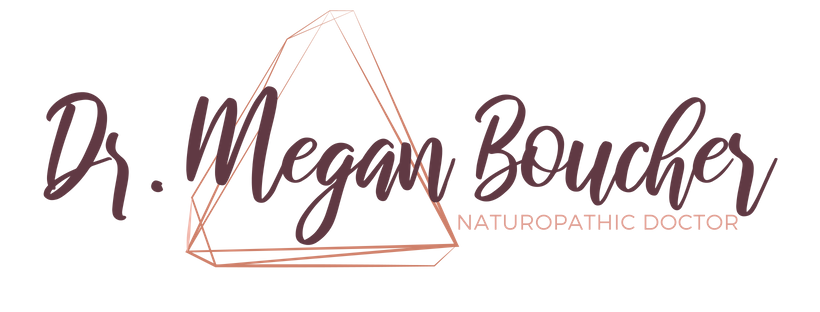What Is Hypothyroidism?
In short, the term “Hypothyroidism” is referring to a disease classified by an underactive thyroid. What this means is that your thyroid is not producing adequate thyroid hormone (for more information on this, first read my Thyroid 101 blog post here). The low levels of thyroid hormone in the body make many organs and functions slow down.
Signs & Symptoms
Common signs and symptoms of hypothyroidism include:
- Low heart rate
- Low body temperature
- Dry skin and hair, hair loss
- Sluggish bowel movements/constipation
- Low energy/fatigue
- Depression and cognitive impairment
- Cold/clammy skin
- Weak and achy muscles
- Increased body weight
- Fluid retention/edema
- Poor sleep/insomnia
- Irregular and heavy periods
Who Does It Affect?
Hypothyroidism affects between 0.8 and 5% of the population and is 4-7 times more common in women than in men. (1) About 50% of cases remain undiagnosed. (1)
Causes
The most common cause of hypothyroidism in Canada is Hashimoto’s, an autoimmune condition. (1) This condition causes the body’s immune cells to attack and destroy the thyroid, leading to under-functioning and poor response to TSH.
Other causes include:
- Nutrient deficiencies (such as iodine)
- Viral infections
- Radiation therapy
- Thyroid surgery
- Medications
- Pituitary disorder
Diagnosis
Hypothyroidism is diagnosed using blood tests. Often times, if hypothyroidism is suspected, a doctor will run Thyroid Stimulating Hormone (TSH) levels. If this comes back abnormal, a free T4 level is then run. A diagnosis of hypothyroidism is made if the TSH levels are high and the T4 levels are low. When the thyroid is not properly responding to TSH by producing adequate T4, the pituitary will continue to create TSH in order to try to stimulate the thyroid more. This is what leads to a high TSH level. Currently in Ontario, a high TSH level is defined as over 4.5-5.5 mU/L (depending on the lab). However, 95% of healthy individuals have a TSH less than 2.5 mU/L. (2) This finding gives a little insight into “optimal” vs “normal” TSH levels (read more here).
Treatments
Patients with hypothyroidism are often treating with synthetic T4 (Levothyroxin or Synthroid). Sometimes, depending on symptoms and lab values, synthetic T3 is also added (Liothyronine or Cytomel). Some endocrinologists and practitioners are now offering Desiccated Thyroid, which is thyroid gland from porcine, and contains not only T3 and T4, but also MIT and DIT (which you can learn more about in my Thyroid 101 post here). The benefits and response to the above medication varies greatly from patient to patient. The important thing to know is that you do have options, and medications can safely be switched if needed.
Have Questions?
If you have any questions about Hypothyroidism, contact me by filling out the form below.
References
- Thyroid Foundation of Canada http://www.thyroid.ca/know_the_facts.php
- Treatment for primary hypothyroidism: current approaches and future possibilities https://www.ncbi.nlm.nih.gov/pmc/articles/PMC3267517/

